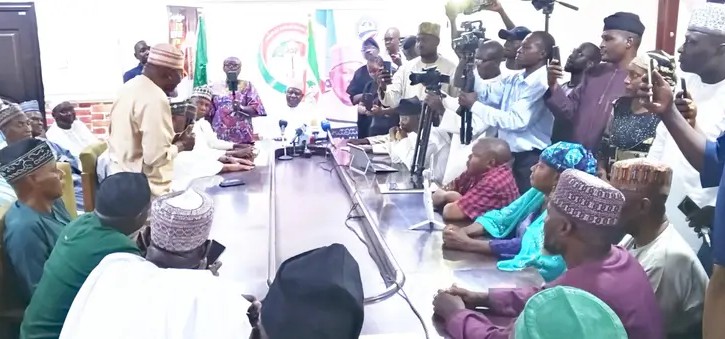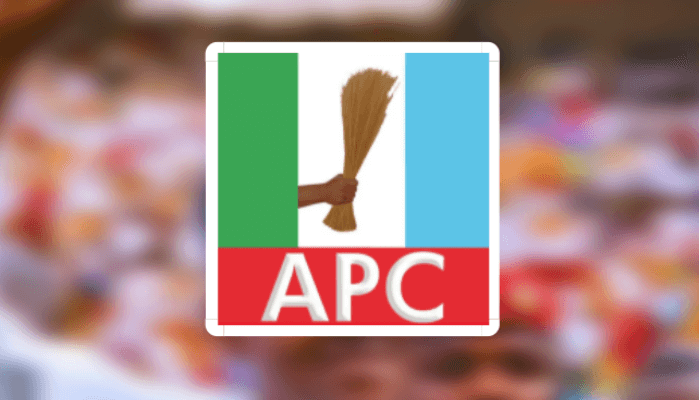Lagos PDP Condemns Controversial Street Renaming, Cites Constitutional Concerns and Impact on Unity
By Media Talk Africa
The Lagos State chapter of the Peoples Democratic Party (PDP) hascriticized the recent renaming of streets and public landmarks in parts of the state, arguing that it targets a specific section of society and is unconstitutional. The move follows intense public debate and protests over the changes.
In a strongly-worded statement issued on Thursday, PDP Lagos Central Vice-Chairman, Mr. Hakeem Olalemi, advised the ruling party to proceed with caution. He alleged that the renaming targeted a particular segment of the population and could harm the state’s reputation as a diverse and cosmopolitan hub.
“The Lagos PDP rejects in totality the renaming of streets by some council chairmen,” Olalemi said. “We should never erase history due to politics. This action is against the spirit of unity in diversity and will surely impact the state’s image.”
He emphasized that various ethnic nationalists have significantly contributed to Lagos’ development, and their names were initially used to honor their contributions. The PDP Vice-Chairman warned that this current action could send a wrong message to non-indigenes, raising questions about inclusivity.
Olalemi described the street renaming as unconstitutional, noting that some leaders had failed to adequately consult with the public before implementing the changes. His concerns align with those of prominent human rights lawyer, Mr. Femi Falana, who recently condemned the street name changes as unconstitutional.
Residents of the Ilaje community in Bariga Local Council Development Area (LCDA) staged a protest on Wednesday, rejecting the renaming of their street, ‘Ilaje Road,’ to ‘King Sunny Ade Road.’ The community argued that the rename disregards their historical and cultural significance.
The PDP’s stance highlights the importance of sensitivity, inclusivity, and respect for historical and cultural narratives in public policy decisions. As Nigeria’s commercial capital and a major international city, Lagos’ image as a place of unity and diversity is crucial for its continued progress and appeal.
With these concerns in mind, Lagos stakeholders, including the government, must engage in comprehensive consultations and consider broader implications when making decisions with potential cultural or political impact.



